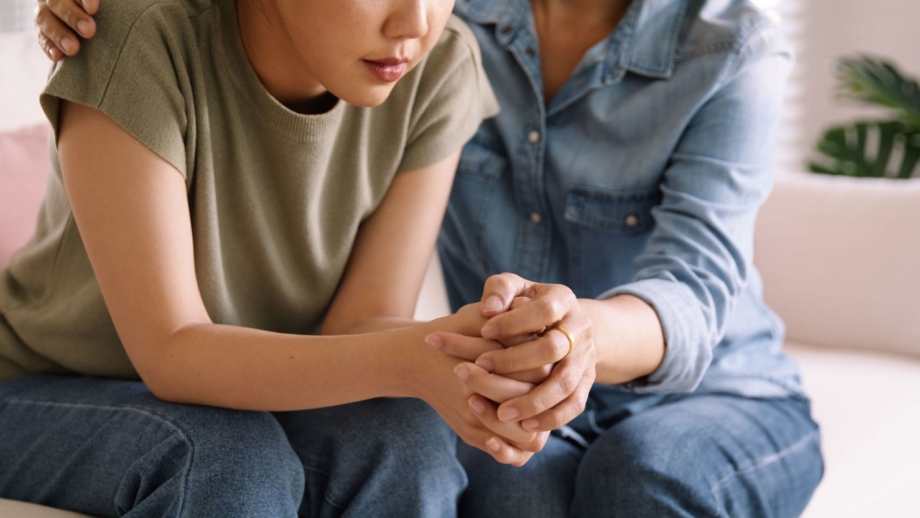Impact of Sexual Violence
Many survivors of sexual violence feel shame and guilt or fear how others will react. This often stops them from reporting the abuse or seeking help.
If you have experienced any form of sexual violence, remember it is not your fault. What happened to you is not because of what you wear, who you are, or what you do. Sexual violence can happen to anyone.
Getting Help
If you or someone you know has experienced sexual violence, the police or a domestic, family, and sexual violence service provider can help you.
1800RESPECT: Call 1800 737 732 for confidential help and advice.
You can contact the Support for Trafficked People Program on 03 9345 1800 or at national_STPP@redcross.org.au
You can contact the Australian Federal Police on 131 237 or go to the AFP website.
Legal Aid Services: Offer free legal advice and help. They can explain your rights and help you with legal issues. You can contact legal aid in your state or territory here.
The Australian Government also has useful resources about sexual consent in your language.
For more information and support, visit our Support Services Page.


